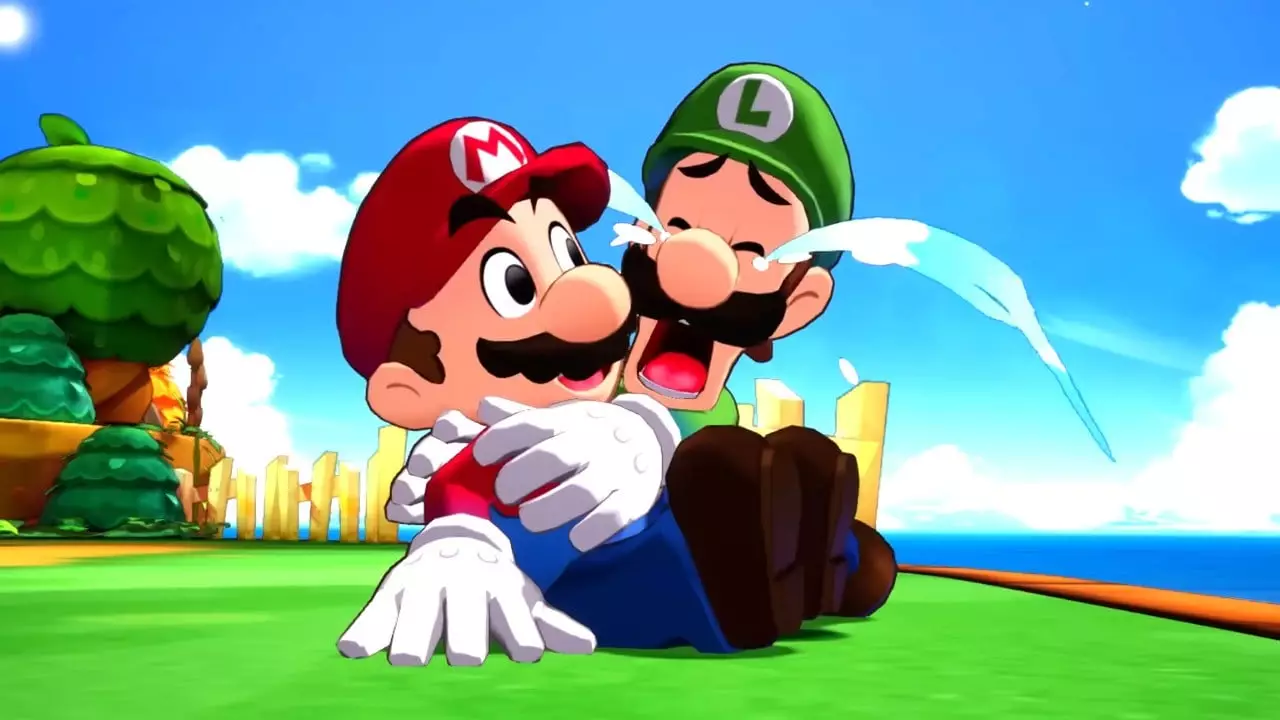Nintendo, a titan in the gaming industry, has taken a strong legal stand against piracy and intellectual property infringement. Recently, the company filed a lawsuit against Jesse Keighin, also known as ‘EveryGameGuru,’ for allegedly streaming pirated and emulated Nintendo Switch games. This case exemplifies the ongoing struggle that gaming companies face in protecting their products from unauthorized distribution and use. Keighin’s actions, which not only involved streaming unreleased games but also promoting emulators and piracy tools, prompted Nintendo to take this necessary step to protect its brand and creations.
The core of Nintendo’s lawsuit centers on Keighin’s repeated illegal streaming activities, wherein he allegedly showcased gameplay footage of new titles—some even before their official release. According to court documents, he streamed pirated copies of a minimum of ten different Nintendo games on more than fifty occasions over the past two years, demonstrating a blatant disregard for copyright laws. Notably, the case highlights instances where Keighin monetized his content, not just as a by-product of his streaming activities but as an overt entrepreneurial endeavor linked to stolen intellectual property. This reveals a troubling trend in the landscape of digital content creation, where some individuals leverage illegal practices for profit.
The fallout from these actions is significant—not just for Keighin but for the entire gaming community. By streaming copyrighted content without authorization, individuals like him undermine the legal and ethical principles that support the gaming industry. Nintendo has not only sought to recover damages of up to $150,000 per instance of infringement (potentially totaling $7.5 million), but it has also aimed to deter similar behaviors among other content creators. This pursuit reflects a broader commitment from game development companies to safeguard their creative innovations against piracy that threatens their revenue and the integrity of their franchises.
The Implications for Content Creators
This case sends a stark message to content creators in the ever-expanding digital landscape: the lines between legality and illegality in content sharing are increasingly scrutinized. The ease of accessing emulators and piracy tools can create a false sense of security, but as this lawsuit illustrates, the repercussions can be severe. Creators should be wary of how their actions can impact their careers and the industry at large. The potential legal ramifications could deter future attempts at exploiting pirated content, leading many to rethink their approach to content creation in the gaming sphere.
Nintendo’s legal actions against Keighin serve as an essential reminder of the pervasive issue of piracy within the gaming industry. As technology advances and access to digital content becomes easier, the importance of intellectual property rights cannot be overstated. For both companies and content creators alike, adhering to ethical practices and respecting copyright laws is crucial not only for personal success but also for the sustainability and growth of the gaming community. The outcome of this lawsuit may very well set a precedent for how similar cases are handled in the future.

